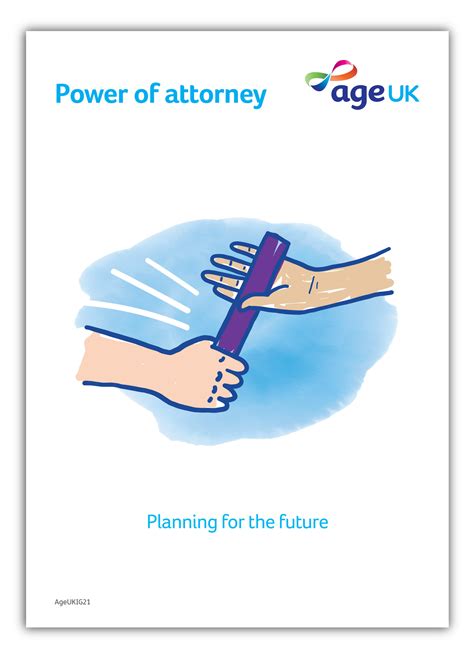POA Changes: A Simple Guide for Seniors
Planning for the future is crucial at any age, but it takes on added significance as we age. One essential tool for seniors is a Power of Attorney (POA), a legal document granting someone else the authority to make decisions on your behalf. However, life is unpredictable, and circumstances can change, requiring adjustments to your POA. This guide will walk you through understanding POA changes and how to navigate them effectively.
What is a Power of Attorney (POA)?
Before diving into changes, let's clarify what a POA is. A POA designates an agent (also called an attorney-in-fact) to act on your behalf in financial, healthcare, or other matters. This agent only has the authority you explicitly grant them in the document. Importantly, a POA is not the same as guardianship, which involves court intervention. There are different types of POAs, including:
- Durable POA: This remains in effect even if you become incapacitated. This is the most common type for seniors.
- Springing POA: This only becomes active upon a specific event, such as your incapacitation, as determined by a physician.
- Limited POA: This grants your agent authority only for specific tasks or within a defined timeframe.
When Might You Need to Change Your POA?
Several situations might necessitate changes to your existing POA:
- Your agent is no longer capable: If your chosen agent becomes incapacitated, dies, or is simply unable to fulfill their responsibilities, you'll need to appoint a new one.
- Your agent is no longer trustworthy: If you lose trust in your agent's judgment or actions, you need to revoke their power.
- Your needs have changed: Your financial or healthcare needs may evolve over time, requiring broader or more specific powers for your agent.
- You want to add or remove powers: Perhaps you initially granted limited authority but now need your agent to handle more complex matters.
- You are moving to a new state: State laws regarding POAs vary, and your current document might not be valid in your new location.
How Do You Change or Revoke a POA?
The process of making changes to your POA depends on the specifics of your document and your state's laws. Generally, you have two main options:
- Revoke your current POA and create a new one: This is the most straightforward approach. You'll need to execute a formal revocation document, specifying the date and reason for revocation. Then, create a new POA with the updated instructions and a new agent if necessary.
- Amend your current POA: Some states allow for amending existing POAs. This involves creating an addendum to your original document, outlining the specific changes. This method is generally simpler and less expensive than creating a completely new document.
H2: What Happens if I Don't Change My POA and My Agent Dies?
If your agent dies or becomes incapacitated and you haven't updated your POA, the authority granted to them automatically terminates. You will need to create a new POA to ensure someone can act on your behalf. Failing to do so could leave you vulnerable and unable to manage your affairs effectively.
H2: Can I Change My POA Myself, or Do I Need a Lawyer?
While you can technically create or amend a POA yourself using online templates, it's strongly recommended to consult with an attorney. Legal documents are complex, and even a small error can have significant consequences. A lawyer can ensure your document is legally sound, accurately reflects your wishes, and protects your interests.
H2: How Often Should I Review My POA?
Regular review of your POA is essential, ideally at least annually or whenever significant life changes occur (e.g., marriage, divorce, move, major health event). This ensures your document remains relevant and accurately reflects your current wishes and circumstances.
Conclusion: Proactive Planning for Peace of Mind
Changes in life are inevitable. By proactively planning and regularly reviewing your POA, you can ensure your wishes are respected and your affairs are handled appropriately, providing peace of mind for both yourself and your loved ones. Remember, seeking professional legal advice is crucial to navigating the complexities of POA changes and safeguarding your future.

